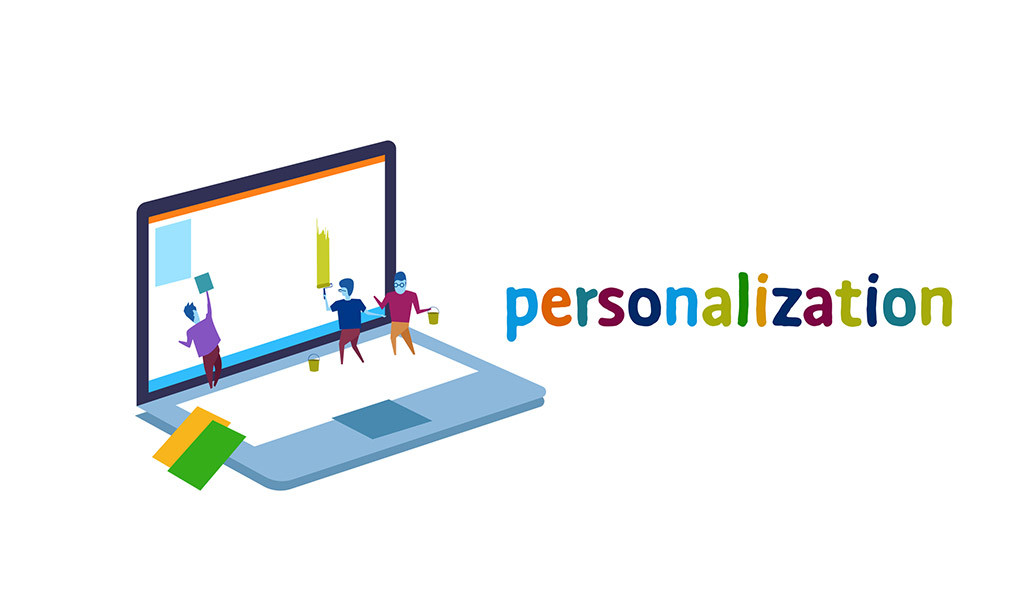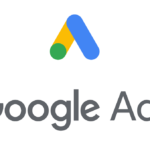
Nowadays, B2B marketers are trying to spruce up their websites with personalized content to attract more viable traffic. Through personalization, they are able to satisfy customer expectations and position the brand as the best choice they can get.
Content personalization is all about understanding what motivates the customers. Everybody who is visiting your website does not come with the same intention. Some are simply doing research, and others are return visitors looking to buy the product or service. The needs of both groups of people are different. To entice them to complete a specific action, you need to understand the buyer persona and personalize the content accordingly. This one-on-one interaction makes them feel important and valued, increasing the chances of conversion.
What Is Content Personalization?
Content personalization is customizing the content to each customer based on the personal data available about them using tools like IP Geolocation Database. Information like their location, type of device they use, search queries they run, pages they visit, etc., are compared against some predetermined variables. These variables include but are not limited to:
-
Age.
-
Gender.
-
The location (like city, country, or region).
-
History of purchases made by them.
-
Frequency of their visit.
-
Pages or links they click.
The Best Way To Use Content Personalization In Marketing Campaigns
1. Segmentation –
Segmentation is found to be one of the most popular methods of content personalization. Almost 68% of marketers swear by it. There are many ways to segment the audience, like on the basis of their geographic location, gender, behavior, etc.
Marketers can use insights related to customer interests, their likes & dislikes, and previous interaction with the brand to predict their needs and appeal to them by delivering matching content. It would influence them to convert as the content will be relevant and personalized.
Those brands that wish to build their brand authority should seek to create content that is segment specific because it is extremely valuable in instantly capturing the attention of a large audience. The very fact that segment-specific content is relevant to a big section of the audience makes it highly share-worthy, and therein lies its most significant advantage.
In hindsight, segment-specific content is not very specific, so it is not the best way to try and capture individual leads. At best, they will only draw in large crowds to your website.
2. Personalization Based On Customer Persona –
Every business builds a buyer persona to know which type of audience is most likely to buy their product or service. These buyer personas are developed keeping in mind certain characteristics that can be subjective or driven by data. Usually, these are based on demographics and purchase history, etc. As you collect more data, you can refine the personas to make them more specific. The content developed for these personas is known as persona-based content personalization.
Using precise buyer personas to personalize content is not a new strategy. Many brands are already following it. But what is critical in this respect is knowing who exactly the buyer of your offerings is. Additional knowledge of their motivations, dislikes, etc., will add to the appeal of your content and make it meaningful. These efforts will increase conversions.
3. Personalization Based On Customer Journey –
All customers are rarely ever on the same stage or step in their journey. If you draw customer journey maps, you will realize there are large chunks of people still undecided. Some have added the product and abandoned the cart, others have made the purchase, etc.
Based on which stage the customer is at, brands can make personalized content that would entice them to make a purchase or purchase something new. In short, the content is aligned to each specific stage to attract the attention of the people and trigger a specific action.
Mostly, brands will have varying versions of the content for each stage of the customer journey. Nevertheless, Email nurturing campaigns, FAQs, case studies, and such content is known to show outstanding conversion results.
4. Account Specific Personalization –
There is no one-size content that fits all. That is why it becomes necessary to target individual accounts.
It is now possible to use Artificial Intelligence (AI) to analyze customer data in real-time and use this information to guide the customer to a customized landing page, offer, or product recommendation.
This is one of the most specific ways of personalization that a brand can achieve. It is especially important where the account represents an organization.
Why Content Personalization Is Important In Marketing Campaigns
- Increases Conversion Rate – Content personalization improves the customer’s interaction with the brand by making it more relevant and meaningful. The overall customer experience improves, and this, in turn, gives an impetus to sales by increasing the conversion rate.
- Lifts The Brand In Customer Eyes – A brand that knows its customers and takes the pain to personalize content just for them makes them feel valued. Such brands will always be favored by customers, and they will have a healthy brand-customer relationship.
The Bottomline
Companies and brands are starting to realize the importance of content personalization. They have begun the journey with the aim to reap its benefits of enhanced customer experience, increased visitor engagement, and better brand perception. Some are way ahead of others in the race, and some are struggling along. Critical is acknowledging that everyone is on the same page in accepting how vital content personalization is.
B2B marketers need to exploit the strategic advantage of content personalization to awe and inspire customers and prospects alike. They can take advantage of a simple opportunity and turn it into an engaging customer experience. Suffice to say, how much one succeeds will largely depend on how well they tailor the content for the audience and how the audience perceives this personalization. The key is not to become a creepy stalker but an aware marketer. The tools are all there to make the job easy. You just need to choose yours wisely, and when required, ask for help instead of floundering in something that is not your forte.





